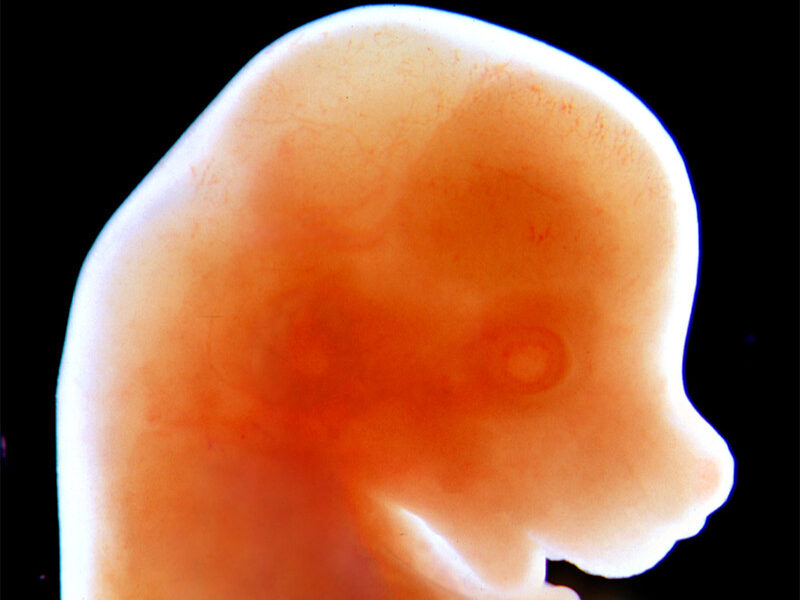
A team of researchers have found evidence of mouse and human germline cells that suggest they can reset their biological age.
As animals age, cell divisions run into replication errors and other external factors (such as exposure to pollutants) lead to gradual decay in cell quality; all of this is part of the natural ageing process. Eventually, cells become senescent and no longer able to divide in response to injury or wear and tear. In a new effort to understand this, researchers have found evidence that shows germline cells have a mechanism to effectively reset this process, enabling offspring to reset their ageing clocks.
Germline cells pass on genetic material from parent to offspring during the reproductive process. For many years, scientists have wondered why these cells do not inherit the age of their parents. And for many years, they assumed that the cells were ageless, but recent work has shown that they do, in fact, age. So that raised the question of how offspring are able to begin their lives with fresh cells.
To find out, the researchers at Brigham and Women’s Hospital and Harvard Medical School used molecular clocks to track the ageing process of mouse embryos. These clocks measure epigenetic changes in cells, and using them, the researchers continuously compare the biological age of embryos (apparent age based on reactions to epigenetic changes) with their chronological age. They found that the biological age of the mouse embryos remained constant through initial cell division after an egg was fertilised. However, about a week later, after embryo implantation in the uterus, the biological age of the embryos dropped. Some mechanism, it seems, had reset the biological age of the embryo back to zero.
Turning to human embryos, the team was unable to track ageing in human embryos because ethics rules forbid such research, but they still managed evidence suggesting that human embryos also reset their clocks. They plan to continue seeking the mechanism behind the reset process. The team’s findings were published in the journal Science Advances.
Source: Medical Xpress
Journal information: Csaba Kerepesi et al, Epigenetic clocks reveal a rejuvenation event during embryogenesis followed by aging, Science Advances (2021). DOI: 10.1126/sciadv.abg6082

